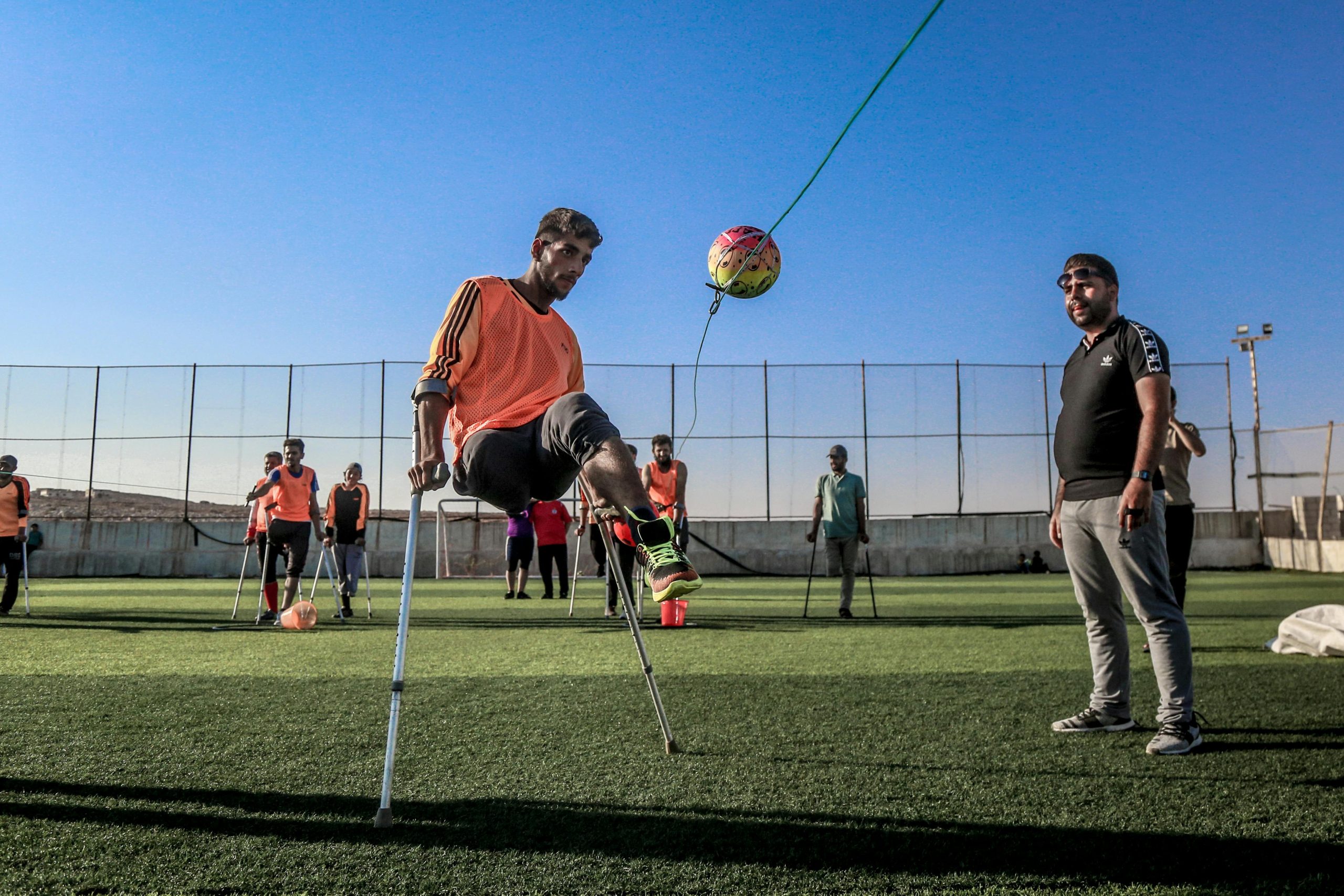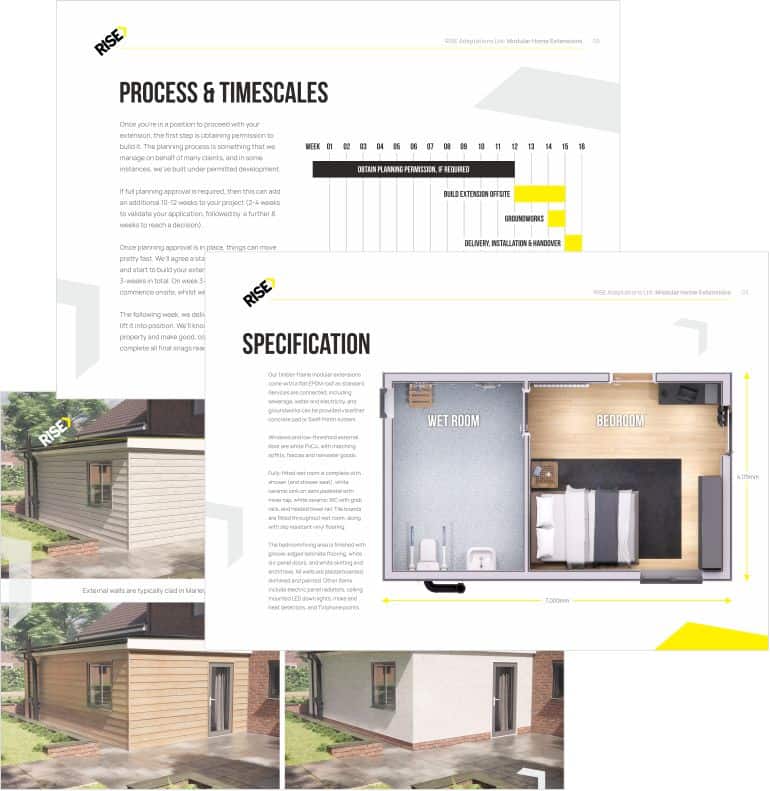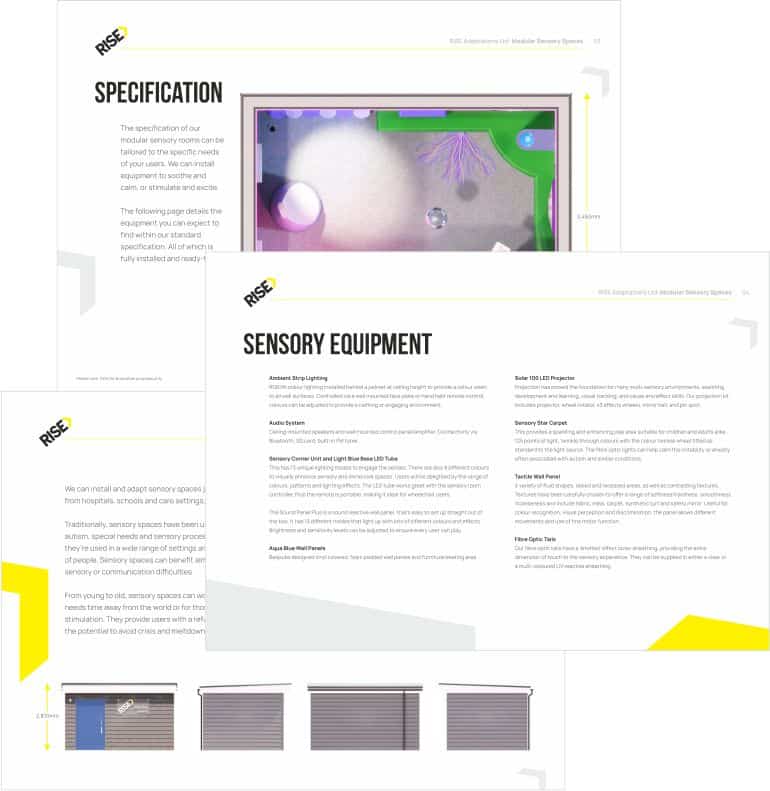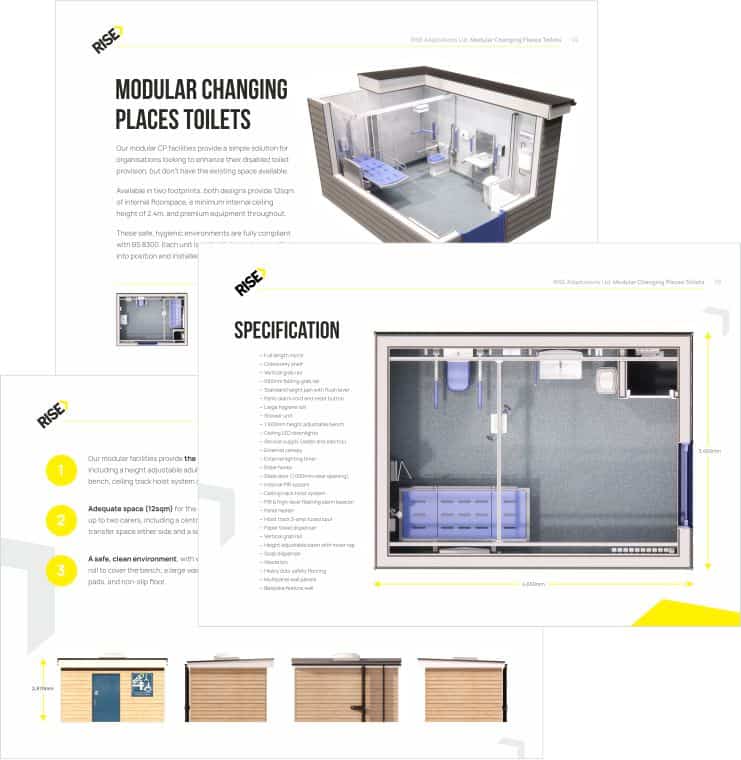
However, for some fans, attending a match or event isn’t as straightforward as buying a ticket and showing up on the day. There are around 10.4 million disabled people living in England and Wales alone, and despite calls for accessibility, stadiums are rarely designed to accommodate supporters with disabilities or additional needs.
Given the rising popularity of the Paralympics and the move towards inclusivity of disabled athletes and sports people, it seems only right that this should also be echoed in the treatment of sports fans.
If sports are to be truly inclusive for all fans, then stadiums and sporting venues need to be accessible and adapted to meet the needs of people living with disabilities, long-term health conditions or sensory impairment.
Here are 8 things to consider implementing that will make your sports stadium more accessible.
Ramps and lifts are essential in making your sports stadium more accessible. There’s a common misconception that ramps are only beneficial for wheelchair users but they’re also a necessity for people using other mobility aids such as walking frames or canes, that might make stairs difficult or hazardous. The option of a gentle ramp or a lift is also beneficial for people living with chronic illness who may become fatigued or unwell if they have to climb stairs.
Most public toilets in the UK are designed for independent use and aren’t suitable for wheelchair users or those who need assistance when toileting. Disabled Access toilets, on the other hand, must meet certain criteria and are designed to meet the needs of the majority of disabled people. They include features such as wider doors, grab rails and a lowered washbasin. Disabled toilets are a must for making sports stadiums more accessible to people living with disabilities.
While disabled access toilets are suitable for large numbers of disabled people, they’re still lacking for many. In particular, disabled toilets don’t have the appropriate space of equipment required for an adult-sized person to wash or change. This means that those living with profound disabilities or complex health issues are still excluded. This includes people living with conditions such as cerebral palsy, multiple sclerosis (MS), and ALS.
Changing Places is a campaign that started almost a decade ago, aiming to improve access to toilets and changing equipment for profoundly disabled people, particularly those adults who are supported by carers.
A Changing Places toilet is larger than a standard disabled access toilet and includes specialist equipment, such as a height-adjustable changing bench, a hoist and a screen. This provides a safe, hygienic place for disabled people to meet their toileting needs, and wash and change with dignity and privacy.
For blind or visually impaired spectators, an accessible programme allows them to enjoy the event as much as any other fan. This might include an audio description headset, QR codes that lead to recorded information about where to find toilets or refreshments, and information available in braille.
Accessibility isn’t just about physical disabilities. Around 1 in 7 people in the UK are thought to be neurodivergent. To make your sports stadium more accessible for all, you need to consider the specific needs of fans with intellectual disabilities and special educational needs (SEND).
Sports events can feel overwhelming even for those fans without sensory processing disorders so it’s easy to see why people with conditions such as autism or ADHD might need a break from the intensity of a big sporting event. A sensory room can provide a refuge from the loud noises, bright lights and sensory stimulation of a crowded stadium, allowing fans to enjoy watching their favourite sport while knowing they can take a break if needed.
A hearing (or induction) loop helps people with hearing loss to hear more clearly by connecting their hearing aid(s) or implant(s) to a hearing loop device.
Sound can then be wirelessly transmitted directly to their hearing device to reduce distracting background noises. There are two different types of hearing loops. Counter loops are designed for reception desks, whereas large area loops work well for more open spaces, such as theatres or sports stadiums to make events more accessible to D/deaf sports fans.
Handrails can be hugely beneficial to many people, not just those with reduced mobility. Thoughtfully placed handrails around your sports stadium can also help elderly people, young children, and pregnant women, as well as those with balance issues and fatiguing conditions. Handrails should be placed alongside stairs and ramps and inside toilets and lifts.
Stewards are often a fan’s first point of contact when entering a sports stadium. Ensuring that stewards are properly trained and have a good knowledge and understanding of the needs of disabled people can make a significant impact on the experiences of disabled fans attending events at your stadium.
At RISE, we have extensive knowledge and industry experience installing both Changing Places facilities and sensory rooms.
We can build modular Changing Places toilets or sensory rooms off-site ready for immediate installation or adapt an existing space within your sports stadium to create a brand-new, fully compliant Changing Places facility or sensory room.
We’re passionate about equal access and would love to work alongside you to make your sports stadium or sporting facility more accessible with our RISE for Sport solutions.
For examples of our work, you can view our recent projects or download our brochure. If you have any questions, please don’t hesitate to get in touch or book a free consultation. You can call us on 07729 224 738 or send an email to hello@riseadapt.co.uk.

Call 07729 224 738 or email hello@riseadapt.co.uk
We’re open Monday to Friday, 08:00-18:00.
To learn more about Changing Places, why not download our brochure or attend one of our monthly online seminars.
Call: 07729 224 738
email: hello@riseadapt.co.uk
08:00-18:00, Mon-Fri
To learn more about Changing Places, why not download our brochure or attend one of our monthly online seminars.
Please submit your details to receive further information about our modular home extensions…
Don’t forget to check your ‘junk’ folder if you don’t immediately receive your download.

Please submit your details to receive further information about our sensory rooms…
Don’t forget to check your ‘junk’ folder if you don’t immediately receive your download.

Please submit your details to receive further information about our Changing Places facilities…
Don’t forget to check your ‘junk’ folder if you don’t immediately receive your download.

Send us a quick message via the form below and a member of the RISE team will be in contact a.s.a.p…